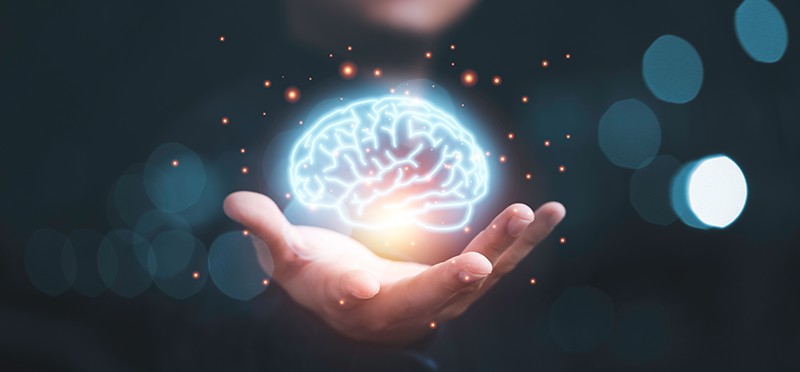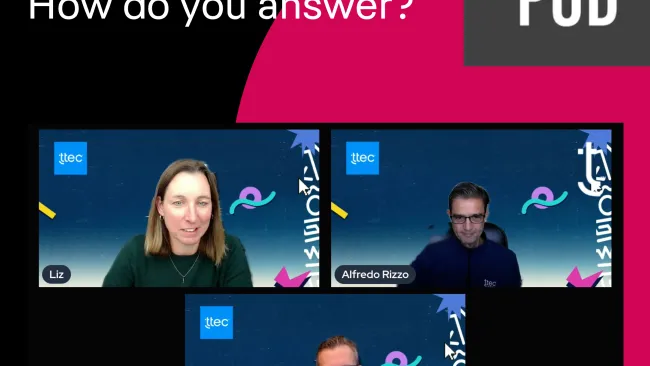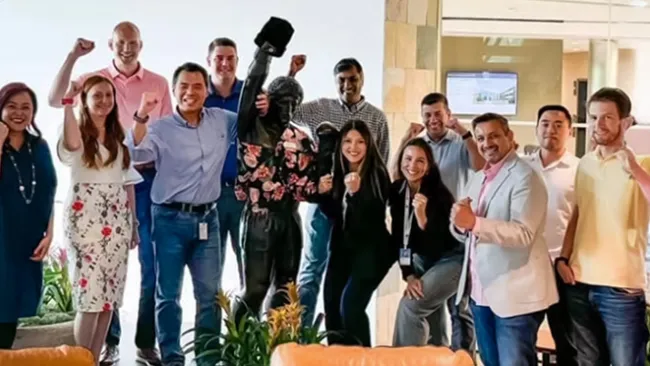Optimists call it the “democratization” of artificial intelligence. Skeptics say it’s a shrewd maneuver to secure reliance on one hyperscaler’s AI platform, tools, and services that’ll leave rivals in the dust.
Perhaps naïve, I fall on the side of the idealists. That “Knowledge Is Good” creed from “National Lampoon’s Animal House” is just too hard to shake. And the slew of AI training courses made available to the masses—for free—may just shake things up. For the better.
Free AI training: What’s the catch?
If AI training courses created by Amazon Web Services make someone more proficient using AWS cloud services than, say, Google cloud services, well OK. There’s that. However, for anyone looking to build a career in AI, education is an essential first step to whet the appetite and get exposed to what this fast-changing world may hold for their professional future.
Intelligent people still get to make their own choices. Someone adept at one hyperscaler’s services becomes better-equipped to assess and tease out the strengths and weaknesses of another.
AI education—particularly the beginner level courses offered by AWS, Google, and Microsoft—form the building blocks needed to understand how AI is used today, where it might be going next, and whether it’s a good fit for someone in the process of choosing, or changing, careers.
Accessible AI
In a May 2023 blog post, Google announced it would make available, for free, seven generative AI training courses. A month later, the curriculum expanded to 10 on-demand, self-paced courses. Topics range from beginner-level courses in generative AI, large language models (LLM), and responsible AI to intermediate-level topics such as image creation and encoder-coder architecture.
Content is delivered via videos, articles, quizzes, and online labs involving a series of tasks to be completed within a specified timeframe, governed by a countdown clock.
It’s not the first time Google has offered free training. Last year, it offered any U.S. business $100,000 in online courses so their workers could learn about data analytics and other skills for free and at their own pace.
Microsoft’s free generative AI training program, launched in partnership with LinkedIn, is geared for its own Bing Chat built on OpenAI’s GPT-4. Completion of all five modules earns a professional certificate. The training, offered free through 2025, is available in English and will expand to Spanish, Portuguese, French, German, Chinese, and Japanese in coming months.
Grants to encourage AI adoption
Microsoft is also running a Generative AI Skills Challenge this year, which will award grants of up to $250,000 to each of five winners from marginalized groups whose projects demonstrate how AI can create positive social change. Microsoft President Brad Smith’s blog post addresses how AI can improve people’s lives and outlines a blueprint for governing AI.
Through AWS’ new $100 million Generative AI Innovation Center, Amazon will offer free workshops and training to customers who’ve expressed interest in guidance with generative AI, according to the center’s head, Sri Elaprolu, who shared details with TechCrunch. After an initial phase involving customers, the program will expand to focus on financial services, healthcare and life sciences, media and entertainment, automotive and manufacturing, energy and telecommunications sectors.
More to come
Watch this space, the generative AI universe, because companies are brainstorming creative ways to nudge wider adoption of AI, in responsible and ethical fashion, through various initiatives with current customers and prospective partners.
- In the contact center, Genesys is offering a 30-day trial of its agent-assist AI solution that summarizes customer interactions across voice and digital channels.
- Salesforce’s venture capital division promises to invest $500 million in generative AI startups developing “responsible generative AI.”
- Investment bank Goldman Sachs predicts generative AI could increase global GDP by 7%
“Despite significant uncertainty around the potential for generative AI, its ability to generate content that is indistinguishable from human-created output and to break down communication barriers between humans and machines reflects a major advancement with potentially large macroeconomic effects,” Goldman Sachs economists Joseph Briggs and Devesh Kodnani write in a report.
This party is just getting started.














